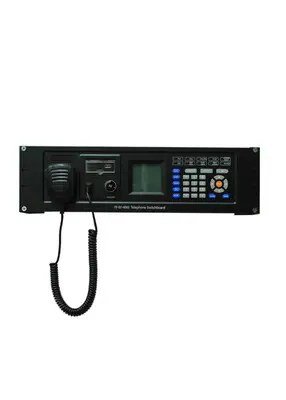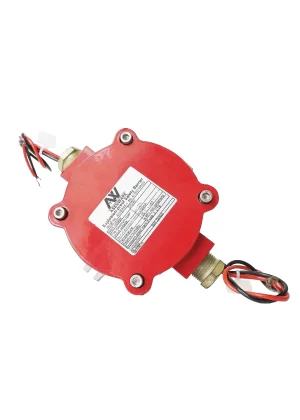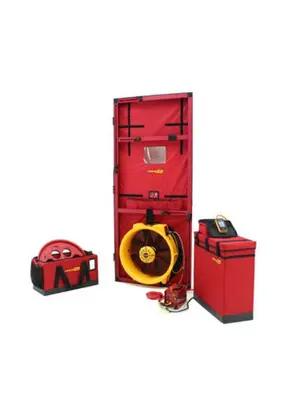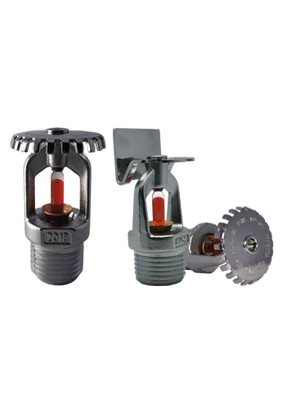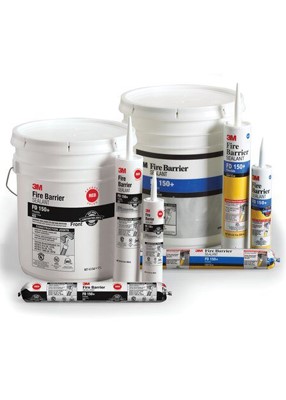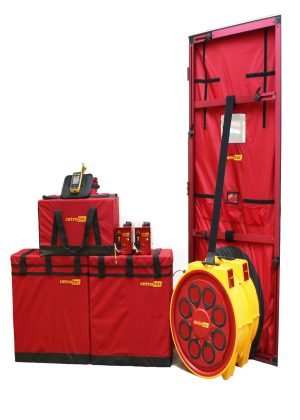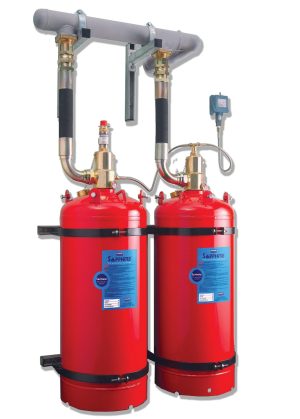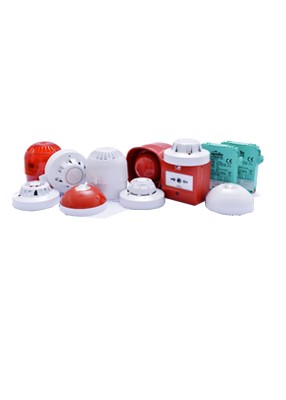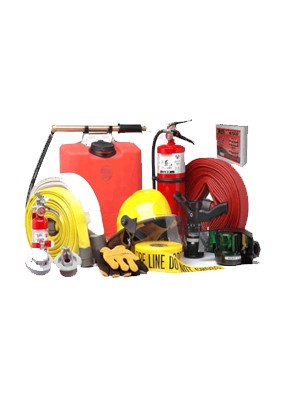FM Approved & UL Listed Safety Equipment Shop
-
Fireman Intercom System
-
Safety Barrier
-
Air Tightness Testing
-
Fire Sprinkler System
-
Firestops
-
Integrity Test
-
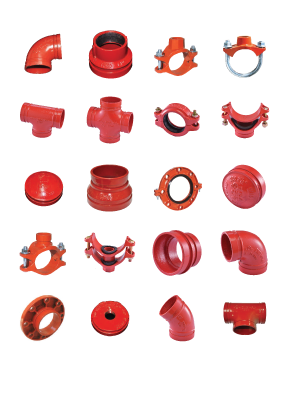
Mechanical Joint and Fitting
-
Fire Suppression System
-
Fire Detection and Alarm Systems
-
Fire Fighting and Safety Equipment
FM Approved & UL Listed Products with International Certification
At VIC Engineering, your safety is our priority. We offer FM-approved and UL-listed products sourced from trusted suppliers and featuring international certification to ensure robust protection against fire hazards in various facilities and properties.
FAQs About FM Approved, UL Listed, and International Fire Safety Certifications
What does FM approved mean?
FM Approvals is the independent testing and certification division of FM Global, an international property and casualty insurance company. FM Approvals rigorously evaluates products to ensure they meet stringent safety standards. Those that pass are awarded the “FM APPROVED” mark.
How do you get something FM approved?
Manufacturers seeking FM approval can submit a request online or by mail, including detailed product information such as location, scope of work, model numbers, specifications, and sales literature. Customers may also contact FM Approvals directly to discuss their certification needs.
What is the meaning of FM certification?
FM certification, indicated by the FM Approved mark, is a voluntary international approval standard from FM Approvals. Manufacturers pursue this certification to enhance their credibility and ensure compliance with stringent safety standards.
The FM approved mark confirms that a product has undergone rigorous testing for safety and performance, aiding consumers and businesses in making informed choices. Products like fire suppression systems and insulation materials achieve FM certification, showcasing their effectiveness in risk protection.
Founded in 1886, FM Approvals is a key organization in evaluating equipment and technology across industries. Their team collaborates with manufacturers to ensure products meet standards and provides detailed compliance reports.
What Does UL Listed Mean?
The UL Listed mark is a globally recognized symbol of safety and reliability. It indicates that a product has undergone rigorous testing by Underwriters Laboratories (UL) to meet stringent safety standards. This mark assures consumers that products comply with recognized safety guidelines, reducing risks like electric shock and fire.
You can find the UL certification mark on various products, from home appliances to safety equipment, including specialized items like bullet-resistant glass and carbon monoxide detectors. It is more stringent than the UL Recognized Component mark, which applies to individual parts rather than complete products.
Trusting the UL Listed mark means relying on products that meet high safety standards, ensuring quality and peace of mind. Learn more about why UL Listed certification is essential for safety.
What types of products require FM Approval or UL Listing?
Various fire protection products need FM Approval or UL Listing to ensure they meet rigorous safety standards. Key categories include:
- Fire Sprinkler Systems: All essential components, such as sprinklers, valves, and piping, must be listed.
- Fire Detection and Alarm Systems: Equipment like alarm panels, detectors, and signaling devices require certification.
- Fire Pumps and Extinguishers: Fire pumps and various types of fire extinguishers must be listed.
- Pipes and Fittings: Both metallic and non-metallic pipes used in fire protection systems must be listed.
- Valves and Accessories: Certain valves and accessories need to be listed to confirm their performance in fire protection systems.
These listings are crucial as they signify that the products have been tested for safety and performance by recognized organizations like UL listed or FM Approvals. For detailed requirements, consulting local fire codes and standards, like NFPA 13, is recommended.
Can products be both FM approved and UL listed?
Products can be certified by both FM Approvals and UL listed. FM Approvals specializes in fire protection equipment, while UL listed covers a broader range of products, including those related to fire protection. Many fire protection products obtain certifications from both organizations to ensure they meet comprehensive performance standards.

